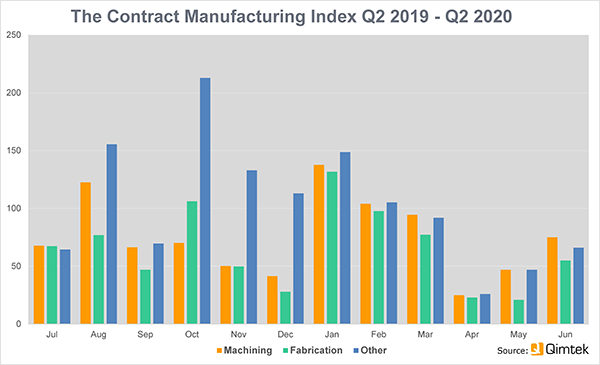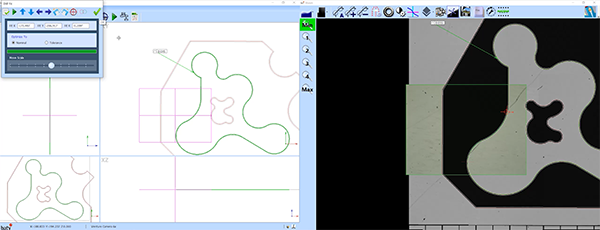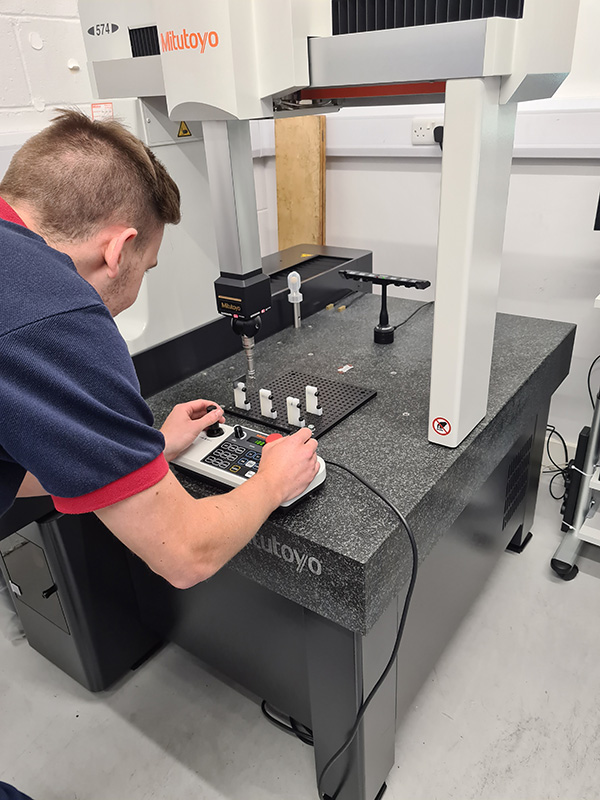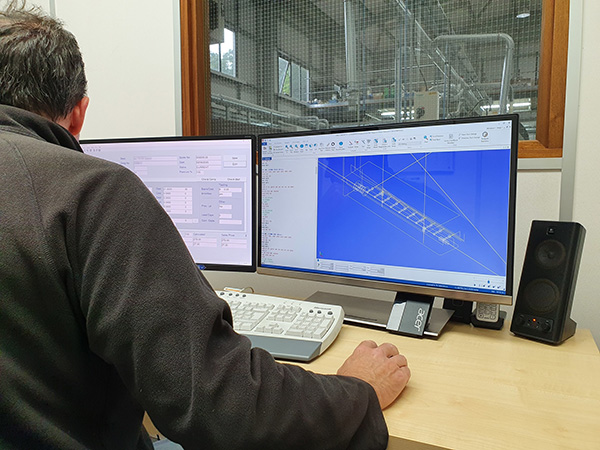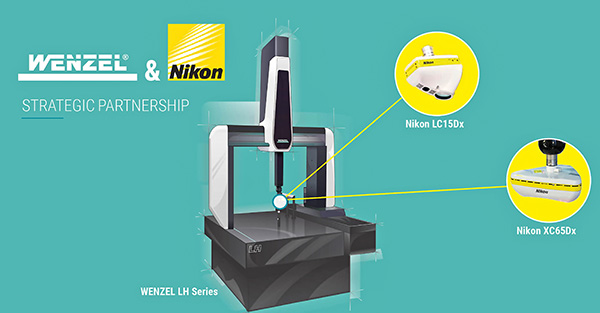Although the effects of the COVID-19 lockdown saw the market for subcontracting fall by an unprecedented 56% in the second quarter of 2020, the latest Qimtek Contract Manufacturing Index (CMI) indicates that June showed signs of recovery.

The CMI for Q2 2020 stood at 49, compared with 112 in Q1 2020. The baseline figure of 100 represents the average value of the subcontract manufacturing market between 2014 and 2018.
Commenting on the figures, Qimtek owner Karl Wigart says: “While business was obviously down during the months of April and May, when both machining and fabrication were hit hard, things started to pick up in June. We anticipate a continuing improvement in the third quarter as buyers have told us they are looking at new projects, carrying out complete reviews of their preferred suppliers, and reshoring manufacturing. All in all, the outlook appears to be positive for those UK subcontractors that are in a position to take advantage.”
For further information www.qimtek.co.uk






